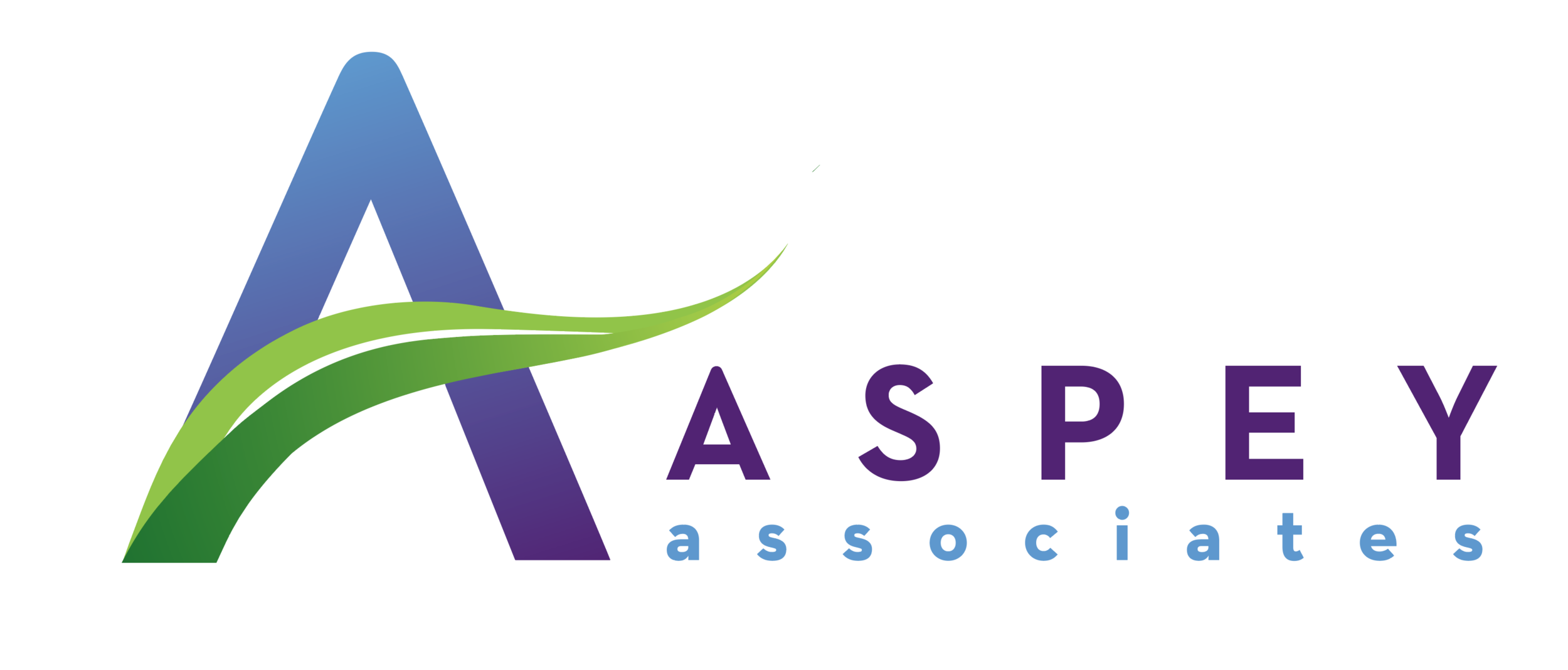Poorer or richer? Does taking away need to mean we’re left with less?
The new year is of course a time when many of us decide to give something up that we’re used to and enjoy but we know deep down that isn’t really good for us, particularly when taken to excess. Whether it’s sugar, alcohol, cake, the couch, or, particularly popular this year, meat and dairy products, there’s often a sense that we’ll be missing out in some way. We will be poorer. That it will be a sacrifice. A chore.
For some it will be a wish for something permanent, a lifestyle change perhaps. For others it will be temporary and as soon as the allotted time has passed, we can once again partake in what we’ve forgone, possibly under sufferance!
Yet taking something away doesn’t have to mean that what we are left with is less.
Sometimes only the true beauty of something can come through when we take away the layers, the distraction, the proliferation, the activity.
Consider Michelangelo’s statue of David. It only became David when Michelangelo took a lump of rock and chipped away all of the stone from which David emerged. You could say he took away all the parts that weren’t David.
Or the beauty and simplicity of listening to an acoustic guitar without electrical amplification or intensive studio production - “unplugged” – how it re-connects us to the richness of the piece and often to the heart of the player.
Or think about how it can be sometimes when you're sitting with someone you're coaching. How often do we feel compelled to ask questions or to add value by offering an observation or an insight? What instead if we step back and truly allow their own thinking to emerge? When we focus on being fully present for someone else in a way they have never before experienced, their own thinking will evolve, without interference from us. We are saying less, but being more.
Or in the workplace, consider a typical team or group meeting. We may not like them, but we're used to them and don't know how to change. We’re accustomed to meetings being dominated by just one or two people, or alternatively being a bit of a “free for all” where everyone and yet somehow no-one gets to really talk. We’re used to interrupting, being interrupted, competing, having side conversations, going off track, being trampled on or trampling on someone else’s ideas. In fact, if level of activity and volume were the measures, you could say a meeting like this is rich.
Yet it’s not.
Because there’s too much going on it’s impoverished. It’s lacking in equality because some have a greater or seemingly more important voice than others. It’s lacking in diverse and different views because only a few are contributing or others are just going along with the group. It’s lacking in creativity because new ideas are being silenced before they’ve been borne or being dismissed because they’ve been suggested by the “wrong” person. It’s become so boring or so frustrating or so chaotic that it’s lost any sense of ease where connection and innovation can flow.
It’s poor.
By now you might be wondering how you could possibly make your meetings richer by taking something away? With the Thinking Environment®.
Simple principles that when shared and brought to life by each of you will give courage to everyone present to contribute and the courage to step back and listen so that others can do the same.
Where you can create and participate in an environment in which people feel valued, equal and engaged. Where differences of opinion can be voiced, respectfully and productively. Where new ideas get listened to and debated intelligently, and where there’s a shared sense of responsibility for the success and follow through of meetings. Where creativity is rife, and fear is sent packing.
And achieving all of this in less time, with much less stress.
Sounds impossible?
It’s not! If you want to find out more about how to make a positive impact by taking away the interruptions, the competition, the often unintended assaults on people's thinking, in your coaching, meetings and conversations, you could:
Read one of Nancy Kline's books, Time to Think and More Time to Think.
Watch my YouTube videos here - Keynote at Academi Wales and in interview with Coaching Club TV
Read any of my other posts on Linked In such as "Attention, the Generator and the Gift"
Look out for one of my keynotes in 2020 (when you visit the site you can sign up for alerts too)
Contact me for a taster session at your organisation or for a keynote at your conference
Or come along to my one of my 2021 Thinking Environment courses and discover how you can have richer meetings, richer conversations and richer relationships into 2019, and beyond.
You’ll be amazed at what will emerge when you create the space for simplicity to flourish.
© Linda Aspey 2019 and 2020
